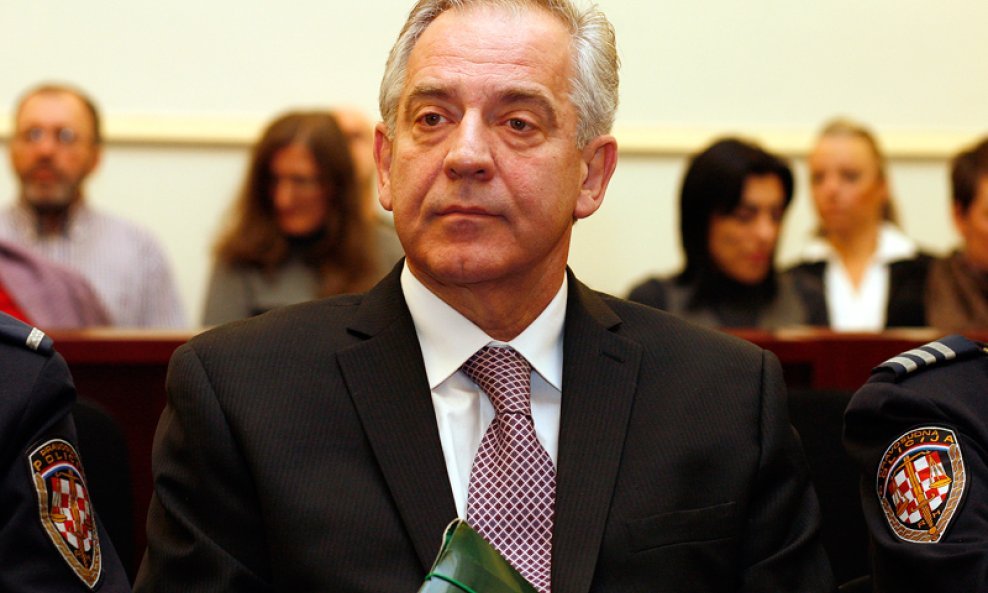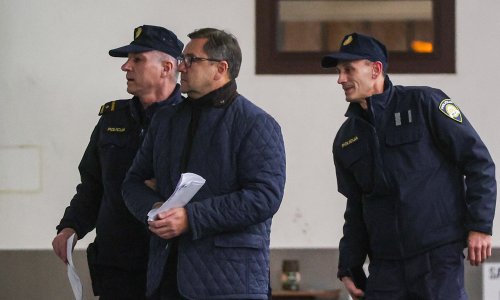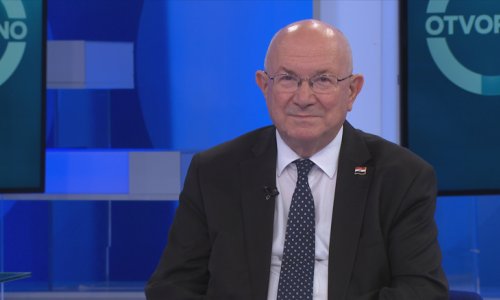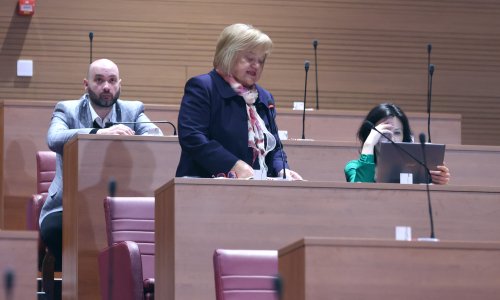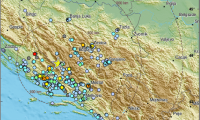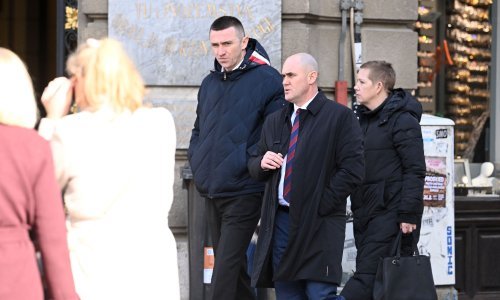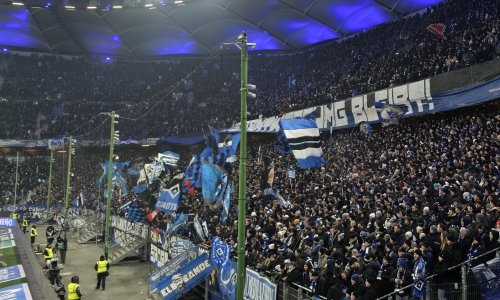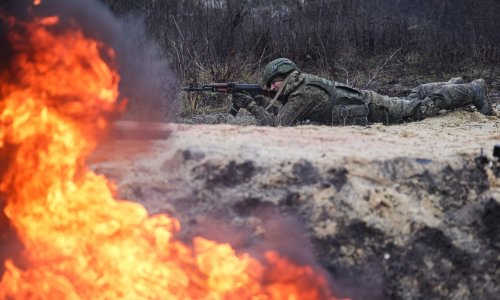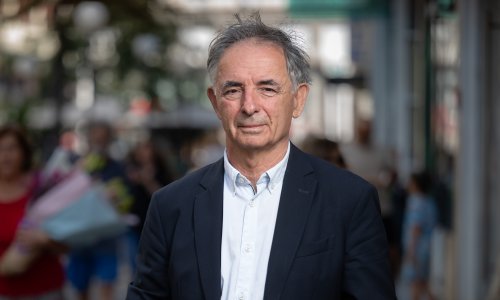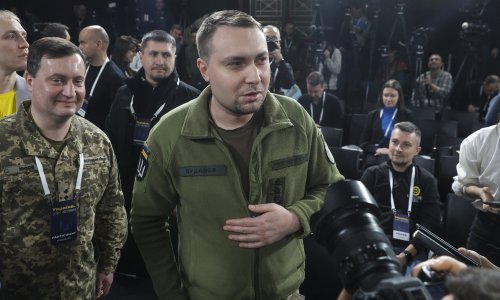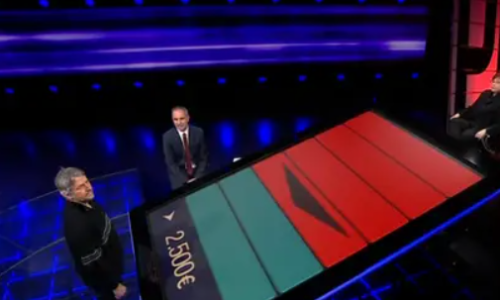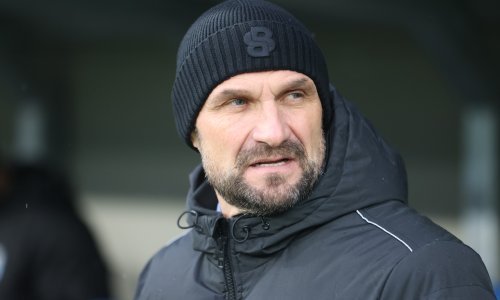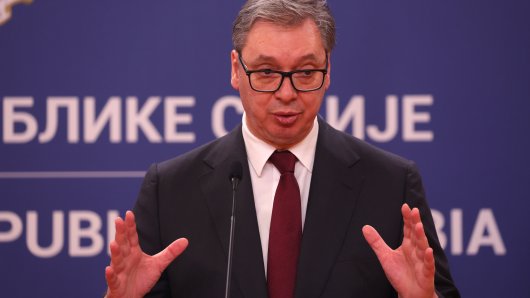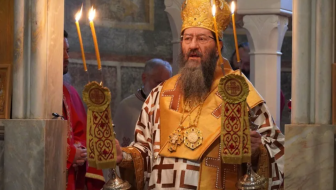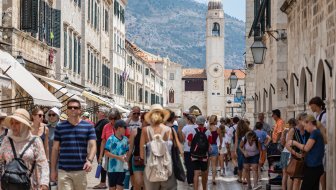The defence team of former Croatian Prime Minister Ivo Sanader, as well as Sanader himself, objected to the testimony of former Foreign Minister Mate Granic, who spoke in court on Thursday about the circumstances under which Croatia was given a loan by the Austrian Hypo bank in the mid-1990s to buy embassy buildings.
Sanader, who according to Granic was in charge of negotiating the loan with the Austrian bank, is charged with war profiteering because he allegedly received for the deal a commission of 3.6 million kuna from Hypo bank, the first bank to enter the Croatian market at the time of the 1991-1995 war.
"We object to the entire witness statement because he knowingly moves the dates of some events," Sanader's attorney Cedo Prodanovic said.
Prodanovic said that Granic had deliberately shortened the period from the receipt of the first letter from former Austrian Foreign Minister Alois Mock, who recommended that Croatia do business with the Carinthian bank, to the moment Sanader became involved in the deal.
"There was a period of a year and a half during which Sanader was not involved at all, so the question is who was," said Prodanovic.
He described as unbelievable Granic's claim that he had not been aware that the controversial politician Joerg Haider was the governor of Carinthia at the time, even though he said that he had had dinner with Haider and Hypo bank director Wolfgang Kulterer.
Sanader objected to Granic's claim that the position of deputy foreign minister was not only a political but an operational position as well, and to the part of Granic's statement where he said that Sanader had told him that Croatian expatriate Eugen Laxa should become involved in the business of obtaining the loan.
Like his attorney, Sanader too said that Granic wrongly stated the time when he (Sanader) became involved in activities aimed at obtaining the loan, stressing that at the time when Granic put him in charge of negotiations with Austrian bankers, all loan terms had already been agreed.
He said that despite his position as Granic's deputy he could not read Granic's mail, except in cases when Granic allowed him to do so.
During his two-hour testimony, Granic also said that in 1999 he took out a housing loan with Hypo bank amounting to 300,000 German marks and that he did not even have to go to the bank because all formalities were done by Sanader.
Five years later, when he left politics and established a consulting company, one his clients was Hypo bank, which paid him 200,000 euros for his services.
Answering questions from the defence, Granic said that he came to the offices of the anti-corruption agency USKOK at USKOK's request only the first time, while the other two times he came of his own accord because in the meantime he remembered some important details.
"The first time I was interviewed at USKOK I said everything I could remember from 17 years ago. Back then, I did not consider it to be an important matter. I perfectly remember the Dayton agreement, but I had to search my memory regarding this," Granic said, adding that he stood behind everything he said in court today.
Earlier today, Granic said he did not know if Hypo bank had paid anyone a commission for its favourable loan to Croatia, adding that despite the fact that he had to sign the loan as Foreign Minister, the entire job of obtaining the loan had been done by Sanader.
Sanader, a former PM and president of the HDZ party, is charged with war profiteering in the Hypo bank case, and with taking a bribe from the Hungarian oil company MOL in exchange for allegedly transferring to MOL management rights in the INA oil company.
The trial in the Hypo bank case will continue on December 8, when the witness stand will be taken by Drago Vidakovic, a former long-standing director of Hypo Leasing.



